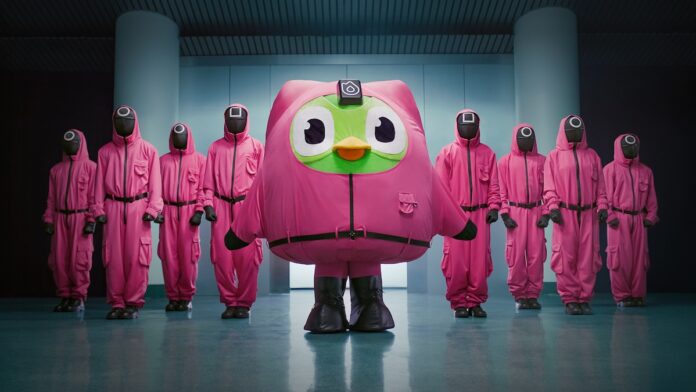The Rise of AI: A Threat to Jobs?
The recent announcement by Duolingo to replace contractors with AI and become an "AI-first" company has sparked concerns about the impact of artificial intelligence on the job market. Journalist Brian Merchant pointed out that this move is a sign that the AI jobs crisis "is here, now."
What’s Happening at Duolingo?
A former Duolingo contractor revealed that the company has been cutting its contractor workforce since the end of 2023, with around 10% of contractors being let go. This was followed by another round of cuts in October 2024, where contractors, including translators and writers, were replaced with AI. This trend suggests that Duolingo’s decision to adopt an "AI-first" approach is not a new development, but rather a continuation of its efforts to reduce labor costs.
The Broader Impact on the Job Market
The situation at Duolingo is not an isolated incident. According to reporting in The Atlantic, recent college graduates are facing unusually high unemployment rates. One possible explanation is that companies are replacing entry-level white-collar jobs with AI, or that their spending on AI is "crowding out" the spending on new hires. This could have significant implications for young people entering the workforce.
The Human Cost of Automation
The AI jobs crisis is not just about robots taking over the world, but about the real-life consequences of management decisions made by executives seeking to cut labor costs and consolidate control. This crisis is manifesting in various ways, including attrition in creative industries, declining income for freelance artists, writers, and illustrators, and a reluctance among corporations to hire human workers. As Merchant noted, "The AI jobs crisis is not any sort of SkyNet-esque robot jobs apocalypse — it’s companies firing tens of thousands of employees while waving the banner of ‘an AI-first strategy’."
Conclusion
The rise of AI is undoubtedly changing the job market, and it’s essential for young people to be aware of these changes. While AI may bring many benefits, such as increased efficiency and productivity, it also poses significant challenges for workers, particularly in industries where tasks can be automated. As companies like Duolingo continue to adopt AI-first strategies, it’s crucial to consider the human cost of automation and the potential consequences for the workforce. By understanding these trends and their implications, we can better prepare ourselves for the future of work and ensure that the benefits of AI are shared by all.

